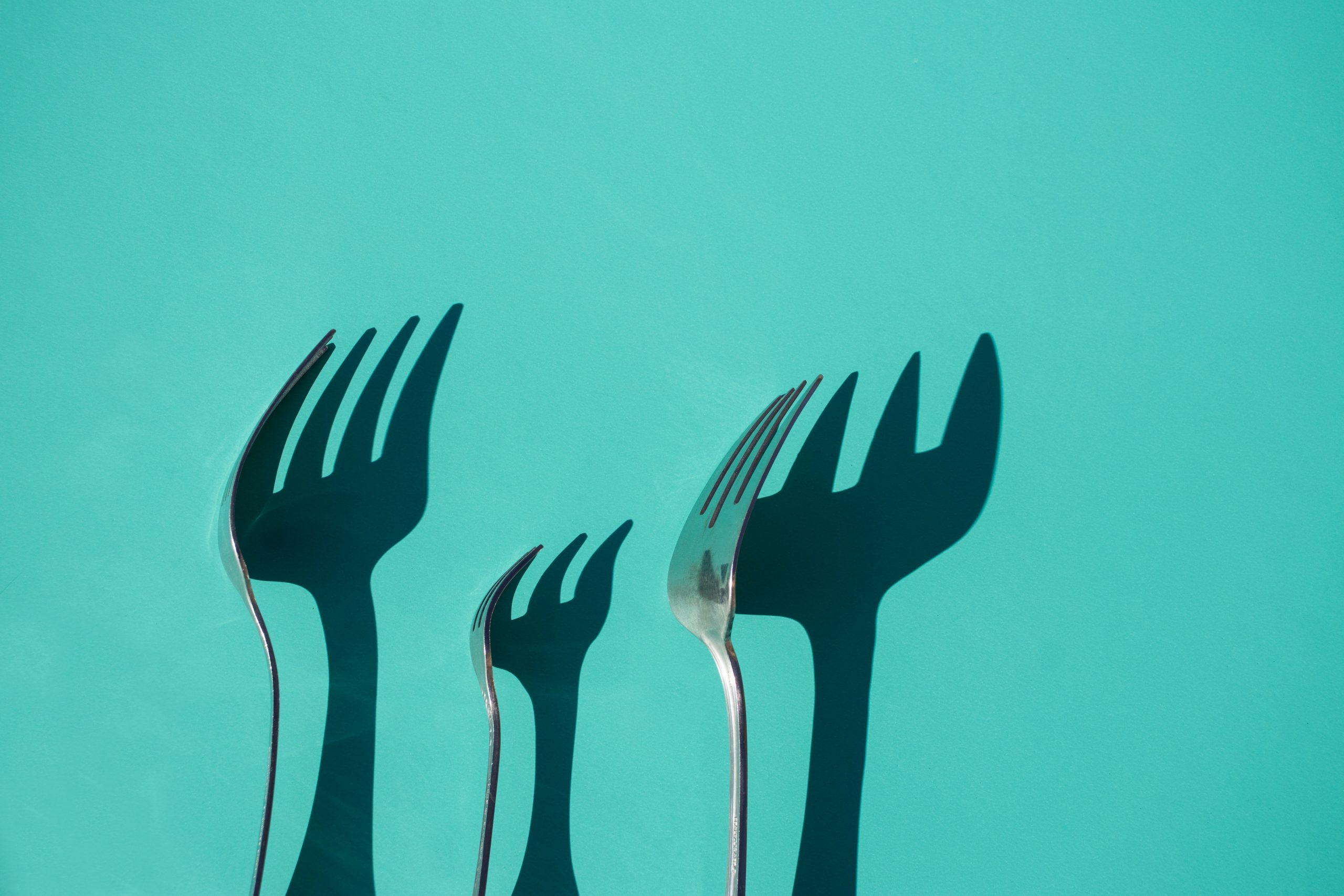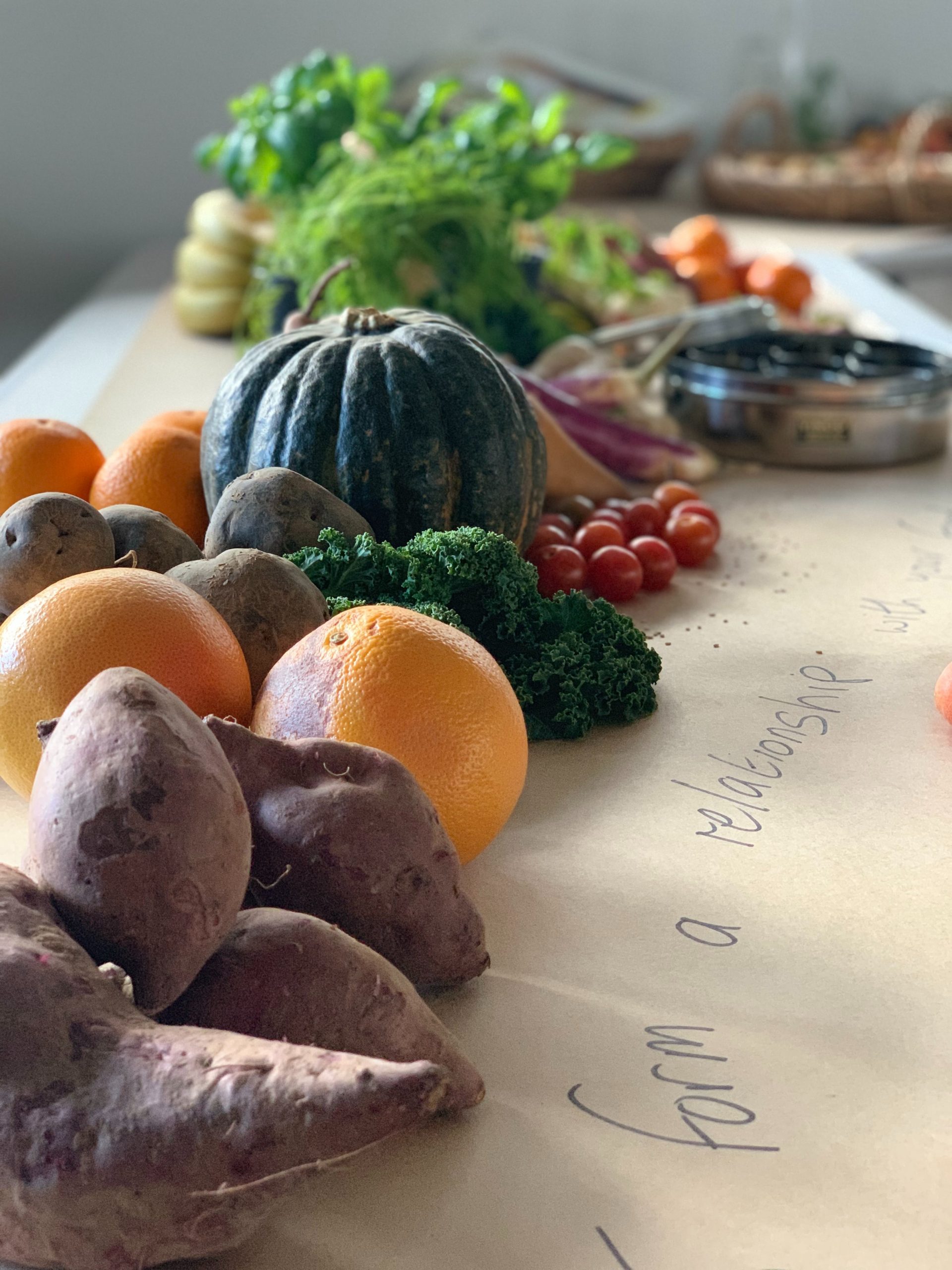The following article is #1 in our series of 4, on ‘The Hidden Secrets to Losing Unwanted Fat’.
THE MOST IN VOGUE WEIGHT LOSS DIETS COMPARED.
As a Naturopath I am constantly asked which diet provides the best weight loss results.
Some questions I get asked about losing weight include:
As a Naturopath I am constantly asked which diet provides the best weight loss results.
Some questions I get asked about losing weight include:
- I don’t know the best times of the year to lose unwanted fat
- I’m confused about the many diets that are out there and I don’t where to start; do I start with:
- Paleo
- Ketogenic
- Intermittent fasting
- 3- or 5-day Fasts
- Vegetarian
- Mediterranean
- Vegan
- I’m acidic
- I have a poor immune system and I have chronic inflammation and oxidative stress
- I don’t think I’m getting enough protein
- I’m stressed and I’ve heard of cortisol affecting my hormones
- My Liver and/or my Kidneys can’t detox properly
- I have Leptin resistance
- I don’t understand ‘Set Point’
- I have a hormonal imbalance
- I don’t exercise or don’t do enough exercise
- I’ve used recreational drugs in the past
- I have low digestive enzymes
- I have Metabolic Syndrome
- I have leaky gut or Irritable Bowel Syndrome
- I can’t sleep
- I drink too much alcohol
- I have Insulin resistance
- Are the drugs I take from my Doctor affecting my ability to lose weight?
- I think I eat too much
- I’m addicted to sugar like chocolate, sweets, biscuits, the wrong foods in the fridge
…. And the list continues
Any of the above may be true, however a more pertinent question is “which one will work for me? “.

Did you know, when fat has been in your body for a while it becomes its own metabolic organ. Your fat can grow and feed off itself, and even though you are eating less and doing all the right things, fat keeps on accumulating.
Another important concept in fat loss is understanding your Set Point.
Your set point is like your blood pressure, blood glucose, core temperature and pH. Your body operates to maintain a narrow bandwidth of body weight. We can eat literally a million calories a year, yet our body weight generally remains relatively stable, albeit too high in most cases. This relatively stable weight is known as the body weight set point.
For example, if your weight is 20 kilos more than you like and you’ve been at this weight for some time, the brain sees the higher weight as its set point. Therefore, if you go on a normal weight loss program and you lose your unwanted fat, with time your brain will cause your weight to go back to its prior set point of 20 kilos heavier. This is also known as yo-yo dieting.
Let’s explore some of the diets that are currently getting the most airtime and see which one resonates with your weight loss goals.
Chewing the fat on LOW CARB.
In the 1970’s Dr Robert Atkins revolutionised the diet industry with his low carbohydrate Atkins diet. This diet regime is comprised of four different phases, each requiring a different level of strict carbohydrate avoidance. Ultimately this leads to limiting sugars, grains, legumes, fruits and starchy vegetables, while redirecting focus to consuming red and white meats, butter, eggs, avocados, oils, nuts, seeds and non-starchy vegetables.
In terms of weight loss, this approach does have it benefits, such as reduced hunger and a positive effect on irregular blood sugar levels. However, beyond this strong focus on carbohydrates, the Atkins diet does not place limits on how much protein and fat you can consume. Understanding metabolic processes, I’d call this a ‘buyer beware’ moment, because the body can easily convert protein into glucose (known as gluconeogenesis) which is the body’s preferred choice of fuel. This means the body’s supply of glucose for energy is uninterrupted throughout the diet, preventing you from burning adipose tissue (fat stores) for energy instead.
In addition to this, consuming large amounts of energy from calorie-dense fats, even if they’re ‘healthy’, negates the need for the body to dip into fat stores for fuel, as it’s already receiving enough from the diet. For these reasons, it’s important to ensure the adequate consumption of proteins and fats in a low carb diet, but to not eat too many that the body is in an energy excess rather than deficit.
Alternatively, another low carb option is the Ketogenic diet, which aims to balance dietary intake to a ratio of 50% fat, 30% protein and 20% carbohydrates. Limiting protein and fat in this way allows the body to enter ketosis, where it burns fats for fuel (instead of glucose), and fat loss occurs as a result.
Yes, you can shred with bread.
On the other end of the spectrum, a diet low in fat also carries positive outcomes for weight loss. Low fat diets often focus on the restriction of fat intake to below 20% of daily calories, whilst maintaining 30% of the diet from satiating protein, and the remaining 50% from wholefood carbohydrates. The intent of this type of diet should be to encourage the consumption of naturally low-fat and high-protein foods, namely fruits, vegetables, whole grains, legumes and meats.
Whilst numerous studies have found a low fat diet to improve markers like satiety, blood sugar regulation, and weight loss,[i] this diet could be considered if you don’t tolerate fats well, if you’re vegetarian, or have an increased demand for carbohydrates due to high levels of activity or exercise.
Wholefoods for Weight Loss.
Pure wholefood eating is also an option, seen with the likes of the Mediterranean, Paleo or Vegan diets, which all carry the common foundations of eating unprocessed foods sourced from nature. The differences then lie in the nuances, such as the promotion of fish, olive oil, and plant-based foods in the Mediterranean diet, the elimination of grains, legumes and dairy in the Paleo diet, and the avoidance of all animal products with veganism. Regardless of the variations, what I like about wholefood diets is that they epitomise nutrient density and allow you to eat the foods that you typically enjoy.
However, keep in mind these diets do not provide guidance on caloric or macronutrient breakdown, which are both keys for active weight loss. Therefore, following these diets to lose fat requires a sound knowledge of your nutritional requirements and to monitor your caloric intake. Further, you would also need to adeptly listen to your inbuilt signals of satiety and hunger, which can be easily confused by today’s increased portion sizes and any emotional or habitual attachments to food.

The hunger games.
Regardless of the diet you choose, a caloric restriction is commonly required when it comes to weight loss, not just restricting food groups such as carbohydrate or fat.
In fact, the magic zone for sustainable weight loss occurs when the right macronutrient intake keeps you full and satiated, whilst a calorie deficit simultaneously leads your body to burn fat for energy.
Therefore, look for a diet that contains foods you like (and hence, will stick to), but also ensure it takes macronutrient and caloric intake into consideration. This will be your best option for reaching your weight loss goals.
Weight loss: it’s more than a diet.
If we then look beyond food alone, factors such exercise, your environment, habits and social factors also strongly influence weight loss or gain. This means losing weight, and keeping it off long term, needs more than just a diet alone. For these reasons I personally recommend working with a Practitioner throughout your weight loss journey, so they can tailor a diet
specifically to you, and ensure its satiating, wholefood based, macronutrient balanced and creates a caloric deficit. A Practitioner can also then work with you to utilise specific behavioural strategies which ensure any physical, mental or emotional roadblocks to your weight loss goals are addressed. When you approach weight loss in this holistic way, it creates a foolproof plan for your success.
The best diet?
So, what is the best diet for weight loss?
It’s the one you can stick to,
that also encourages filling up on wholefoods,
includes the right macronutrient balance for your body, and
a level of caloric restriction.
I like combining the following...
- Begin your new diet in Spring or Summer (the best time for weight loss)
- Know your pH
- Decrease Chronic Inflammation and Oxidative Stress
- You choose the diet that suits you best;
- Paleo
- Ketogenic
- Vegetarian
- Mediterranean
- Vegan
- And combine it with;
- Knowing your set point and how to change it
- Cleaning and healing the four filters that is the gut, liver, immune system and kidneys
- Intermittent fasting
- Know your emotional or Psychological triggers
- Four minutes of exercise, at least three times a day to move stubborn fat
In Part 2, Part 3 & Part 4, I’ll go through the above in more detail.
Until next time,
Dedicated to Improving Your Wellbeing and Committed To Helping You Achieve Abundant Health and Wealth,
The team at Unique Health and Wellness.
References:
[i] Katz DL, Meller S. Can we say what diet is best for health? Annual review of public health. 2014 Mar 18;35:83-103.
Would You Like To Find Out More?
For members of the clinic please send us an email with "WEIGHT LOSS" in the headline and we will get back to you.
Or . . .
For those who are not members of the clinic, there are two ways you can respond. . .
1. I would like to book in for your Free 20 Minute consultation online to ask further questions on how you can help me . . . or I will phone you on 07 5474 5354
2. I am pro-active about my health. I want to book now and I realise the consultation is normally valued at $300.00, however if I act now I will receive a substantial discount!
The information provided does not take into account individual needs of any particular person. When providing this information, it is intended as a sharing of knowledge and information from the research. The information provided should not be construed as personal medical advice or instruction and is not intended to replace a one-on-one relationship with a qualified health care professional and is not intended as medical advice. We encourage you to make your own health care decisions based upon your research and in partnership with a qualified health care professional.
STATEMENT OF AFFILIATION:
Unique Health and Wellness Australia is affiliated with InnerOrigin with the intention of selling non-therapeutic goods which enhance health and wellbeing. These are ancillary products which will not compromise therapeutic goals. InnerOrigin also sells TGA approved therapeutic goods, however we actively discourage our clients from substituting their prescribed natural medicines with these products. Our financial interest in InnerOrigin will therefore not influence the quality of care we provide to our clients. Our high standard of care for our clients is always our first priority.

MORE BLOG STORIES
Breaking Down the B Vitamins
Amazing Ways to Help Heal Mitochondrial Dysfunction!
The 5 Worst Foods For Your Gut
‘THE GOLDEN GODDESS’
Mitochondria, Inflammation and Oxidative Stress
Tired? You May Be Suffering From Mitochondrial Dysfunction